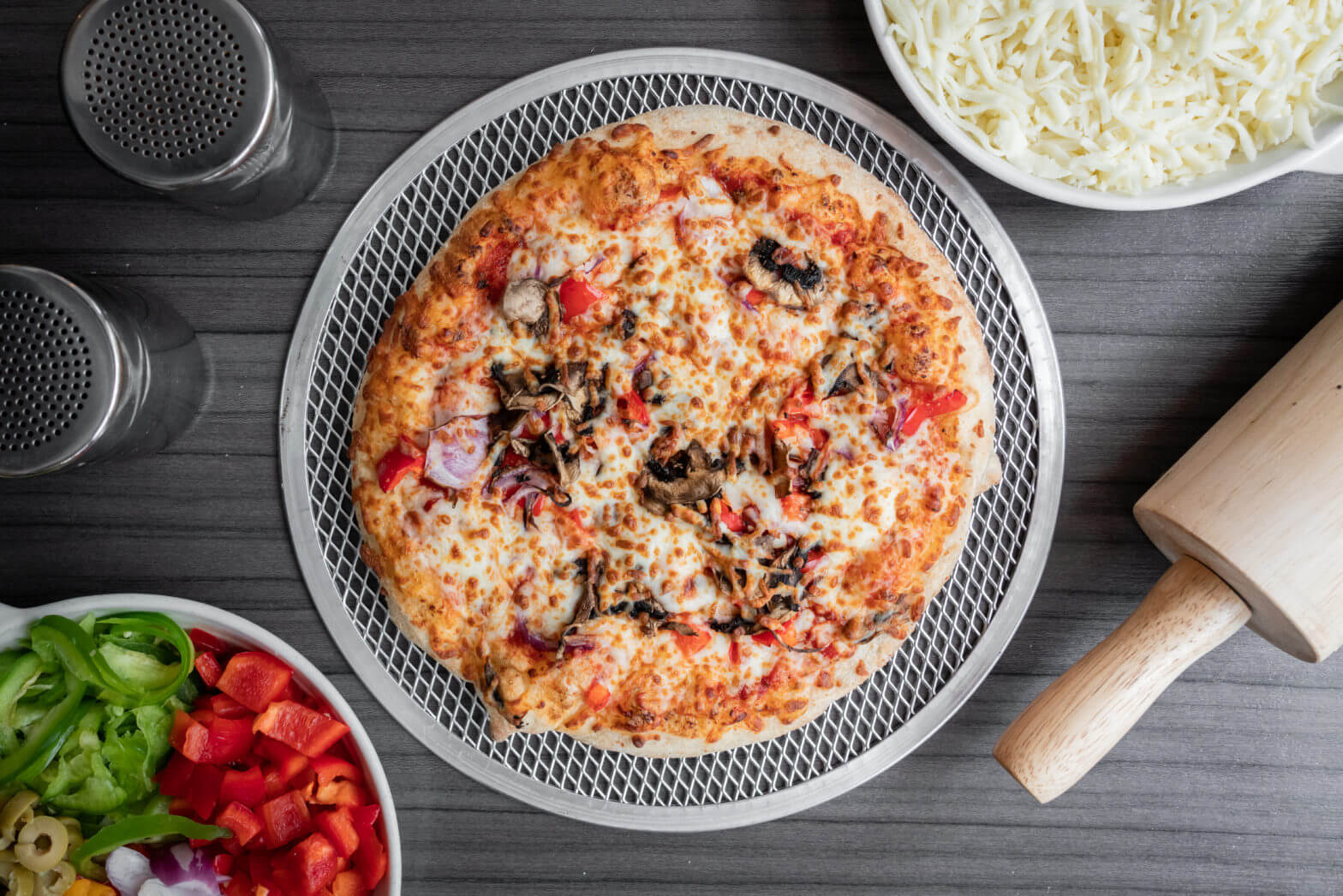What Does Halal Mean, And What Does It Mean For A Product To Be Halal Certified?
One of the essential concepts in Islam is the concept of Halal, which means “permissible.” Halal covers aspects of slaughtering, storage, display, preparation, hygiene and sanitation. It covers both food and non-food categories of goods. Given the speed of trade globalization, the development of science and technology, and ongoing initiatives to simplify production processes, the concept of halal should be fully understood by marketers.
A Halal certificate itself is a document that guarantees that goods and services are intended for the Muslim population and meet the requirements of Islamic law (sharia). Therefore, goods are suitable for consumption both in countries with a Muslim majority and in Western countries where a significant group of the population professing Islam (France, Germany, Great Britain, Spain, Canada, USA).
A Halal-certified product is a product whose production and phases of the chain of supervision are controlled and certified by a Halal Certification Agency. The Halal Certification applies to all areas of food, cosmetics and hygiene products. A Halal-certified product means that the manufacturer complies with Islamic regulations on food production. Overall, it means that all regulations regarding food consumption are fulfilled.
All that categorizes as prohibited, harmful or abusive considered as Haram:
- The meat of a dead or sick animal
- Animal blood
- Pork and wild boar
- Animals were sacrificed without invoking the name of God
- Predatory animals and scavengers, as well as birds with claws
- Alcohol, alcoholic beverages, harmful or poisonous substances and toxic plants or beverages
- Ingredients from animals or Haram products such as pork gelatin
- Additives, preservatives, dyes, flavours, etc., made from Haram ingredients
- Interest, usury and abusive speculation
- Gambling
Why Is It Important To Be Halal Certified?
Halal Certification is essential for businesses because it allows access to the halal market, which is one of the fastest-growing categories globally. For consumers, Halal Certification provides a guarantee that products are appropriate for consumption; it helps ensure that pork, alcohol or other non-halal substances are not involved in the process.
The certificate is issued for all types of goods, including hygiene products and medicines. For example, halal certificates are granted for meat, poultry, seafood, fruits, vegetables, beverages, and even makeup.
There are many reasons why the Halal market has grown so rapidly in recent years:
- overall growth in Muslim populations
- product diversification
- the increasing number of companies willing to go through Halal certification procedures
- increased awareness among other consumers about food that complies with Islamic law.
Halal Certification Process
The Halal certification process is quite complex and needs to be performed by a third-party organization known as a Halal Certification Agency. This agency will certify a product based on the Islamic legal requirements. The process requires that a Halal Certificate of Compliance be issued after the completion of the assessment. The process takes two weeks and more to complete for each new product but varies from one country to another depending on the type and complexity of the product.
Food produced for export must be certified on both national and international scales before being exported.
The Halal Monitoring Authority Canada has developed a three-part inspection strategy that covers the entire road, from the source (slaughterhouses, manufacturers), to middlemen (processors and distribution companies), to retailers (butchers and grocery stores). HMA’s inspection practice includes inspecting food, beef, and other goods from the place of origin to slaughter, as well as their packaging and distribution. HMA labelling and registration are available to help you choose favour of Halal goods.
This halal certification procedure includes three stages :
- Evaluation-that consists of an overview of the organization and the requirements for Halal Certification.
- Inspection will entail observing the factory and the operations closely.
- Certification- as soon as the company passes the assessment and testing, it will be granted Certification.
There is an 8 step process of getting a Halal Certification.
There are many sources through which a company can obtain Halal Certification. Here is a general overview of the halal certification process for the manufacturer:
- Collect product information and supporting documentation, including information about ingredients for your products.
- Apply for Halal Certification and pay the application fees.
- Wait until inspectors contact you.
- Make sure that your storage, preparation, packaging and finished products in storage locations comply with the Halal protocol.
- Auditors will schedule an inspection of your facilities. After the survey, they will write a report along with suggestions/recommendations on your operations and facilities.
- The Halal Certification panel will examine all information about the product. In case of satisfaction, an agreement will be formed.
- After signing the agreement and paying additional fees, qualified products will be Halal certified.
- Then, the Halal mark can be applied to the products that meet the requirements.
We love what we do, and we want you to choose us every time you want to treat yourself. Here at 6ix Pizza, we make sure that all our suppliers have a Halal Certification and it’s up to date. That’s why when you dine in or order from us, you can have peace of mind that all our products are certified Halal. No exceptions.
